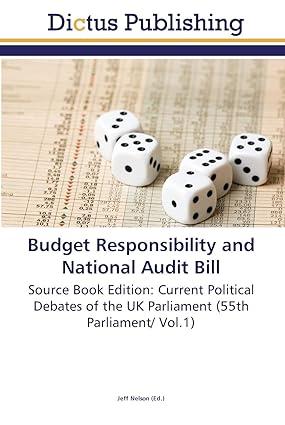Answered step by step
Verified Expert Solution
Question
1 Approved Answer
Problem 6-1A (Static) Perpetual: Alternative cost flows LO P1 [The following information applies to the questions displayed below] Warnerwoods Company uses a perpetual inventory system.
Problem 6-1A (Static) Perpetual: Alternative cost flows LO P1 [The following information applies to the questions displayed below] Warnerwoods Company uses a perpetual inventory system. It entered into the following purchases and sales transactions for March. Date March 1 March 5 March 9 March 18 March 25 March 29 Activities Beginning inventory Purchase Sales Purchase Purchase Sales Totals Problem 6-1A (Static) Part 3 Perpetual FIFO Perpetual LIFO Date Weighted Average Compute the cost assigned to ending inventory using FIFO. Goods Purchased # of units Units 100 units 400 units Specific Id 120 units 200 units Complete this question by entering your answers in the tabs below. Cost per # of units unit sold 820 units Acquired at Cost @$50 per unit @ $55 per unit 3. Compute the cost assigned to ending inventory using (a) FIFO, (b) LIFO, (c) weighted average, and (d) specific identification. For specific identification, units sold include 80 units from beginning inventory, 340 units from the March 5 purchase, 40 units from the March 18 purchase, and 120 units from the March 25 purchase. @$60 per unit @$62 per unit Cost per unit Perpetual FIFO: Cost of Goods Sold Cost of Goods Sold Units Sold at Retail 420 units 160 units 580 units # of units @$85 per unit @ $95 per unit Inventory Balance Cost per unit Inventory Balance
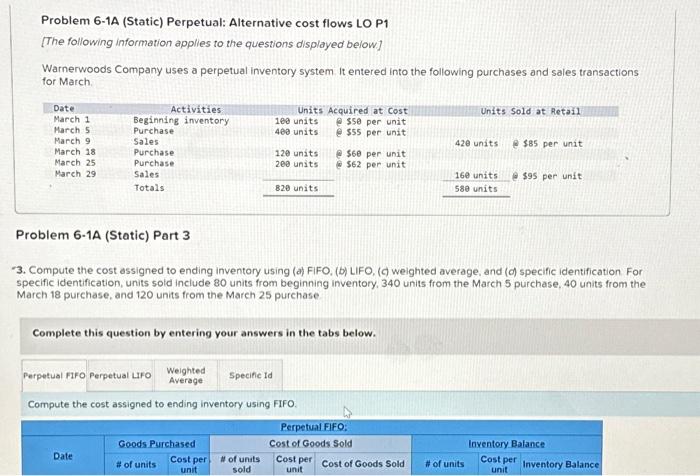
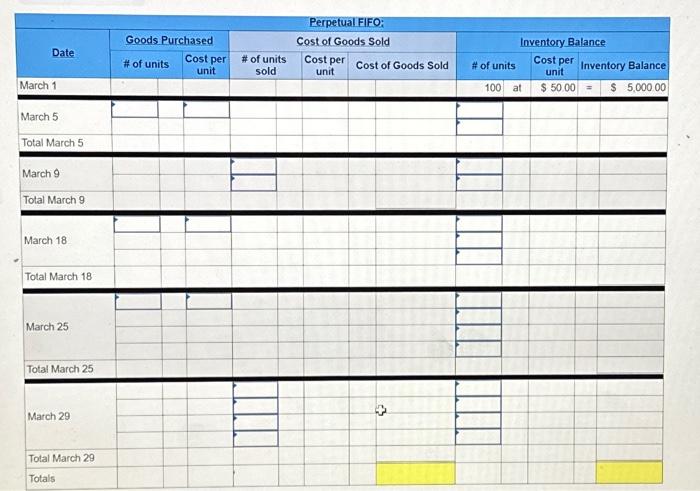
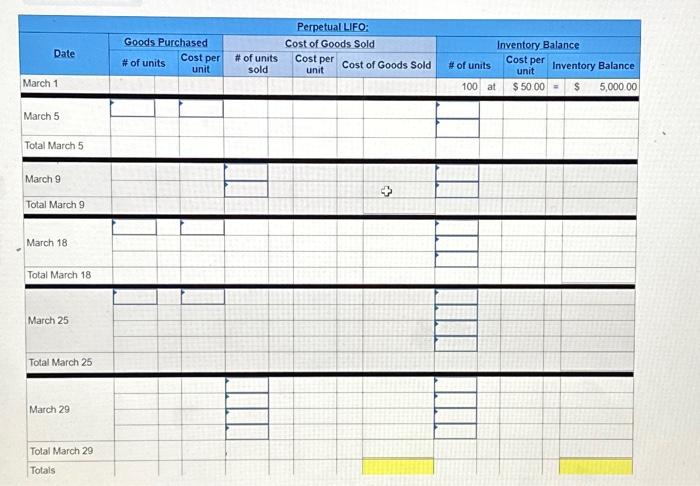
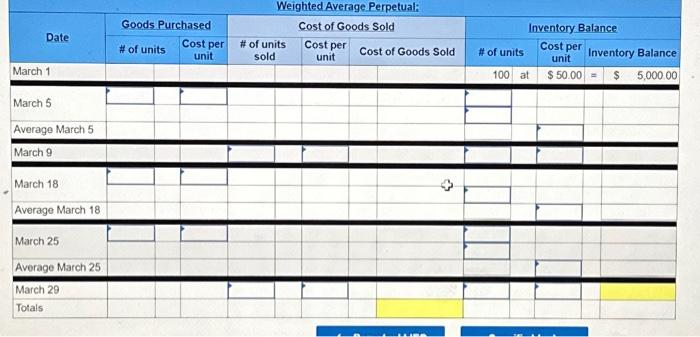
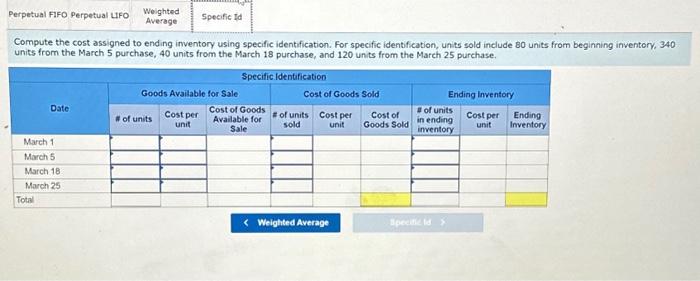
Step by Step Solution
There are 3 Steps involved in it
Step: 1

Get Instant Access to Expert-Tailored Solutions
See step-by-step solutions with expert insights and AI powered tools for academic success
Step: 2

Step: 3

Ace Your Homework with AI
Get the answers you need in no time with our AI-driven, step-by-step assistance
Get Started


